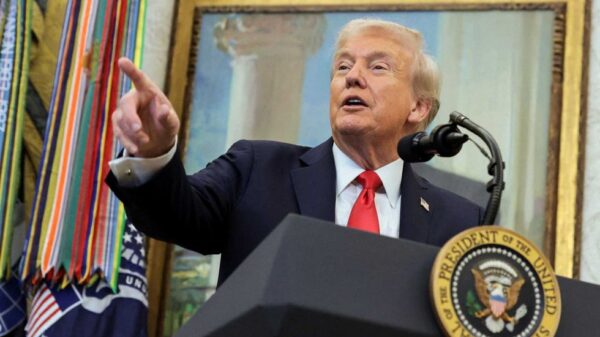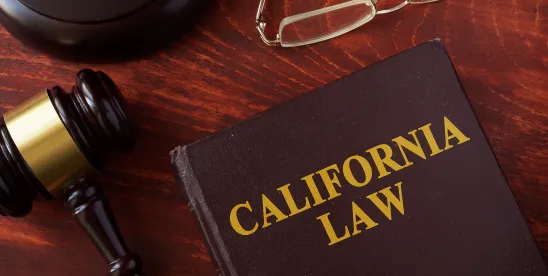UPDATE: Federal judges are delivering a series of significant rebukes to the Trump administration over First Amendment issues, marking a decisive stand against perceived governmental overreach. This backlash comes as the administration faces criticism for targeting speech that contradicts its agenda, particularly following the assassination of conservative activist Charlie Kirk.
Recent rulings highlight a troubling trend for Trump, as judges increasingly side with elite law firms, unions, and media organizations challenging executive power. The implications of these decisions are profound, potentially shaping the landscape of free speech in America.
On October 1, 2023, Judge Allison Burroughs in Boston ruled in favor of Harvard University, allowing the institution to regain over $2 billion in federal research funding that the White House had frozen. This ruling criticized the administration’s claims that Harvard was succumbing to antisemitism, stating instead that the government’s actions were a “governmental orthodoxy in violation of the First Amendment.”
Legal experts are increasingly alarmed, pointing out that Trump’s First Amendment record in lower courts is “abysmal,” according to Timothy Zick, a professor at William & Mary Law School. “There are very few lower court wins for the administration,” Zick noted, underscoring the judiciary’s role in safeguarding free speech.
In a notable immigration case, Judge William K. Sessions III ruled against the administration’s detention of Tufts University PhD student Rümeysa Öztürk, emphasizing that her continued detention “potentially chills the speech of millions.” The ruling reflects a growing judicial sentiment that the administration’s tactics could suppress dissenting voices.
Earlier this year, the Associated Press faced government retaliation when it refused to refer to the “Gulf of Mexico” as the “Gulf of America.” Judge Trevor McFadden, appointed by Trump, ruled that limiting the AP’s access based on its editorial choices constituted a clear violation of First Amendment rights, stating that “the Constitution requires no less.”
Judicial pushback has not been limited to media outlets. In various cases involving law firms, judges have uniformly criticized Trump’s administration for its retaliatory actions against those who oppose its policies. In one instance, Judge Richard Leon called an order targeting the law firm WilmerHale an “egregious” violation of the First Amendment, while Judge Beryl Howell struck down an order against Perkins Coie as “contrary to the Constitution.”
As the administration continues to appeal these decisions, experts warn that the lasting impact of these efforts may extend beyond the courtroom. “The administration is not trying to win on the law. They’re trying to win on the ground, and they’re being very successful at that,” said Alex Abdo, litigation director of the Knight First Amendment Institute, highlighting the potential chilling effect these actions have on free speech.
With several key cases still pending, including challenges against diversity, equity, and inclusion initiatives, the judiciary’s stance on First Amendment rights will be pivotal. Judge Adam Abelson in Baltimore ruled that the administration cannot enforce an executive order dismantling DEI programs without violating constitutional protections. This ruling has been temporarily stayed by a federal appeals court, indicating ongoing judicial scrutiny of the administration’s actions.
The coming weeks will be crucial as these cases progress through the courts. Legal experts and civil rights advocates are closely monitoring the situation, as the outcome of these disputes could redefine the boundaries of free speech under the Trump administration and shape the future of American democracy.





































































